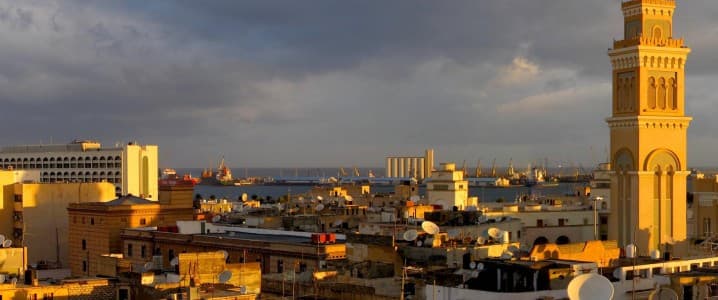The United States has reportedly confirmed a new $235 million infrastructure deal in Libya’s energy sector, reinforcing its presence in a strategically vital corridor for gas exports to Europe. The announcement followed a visit to Tripoli by U.S. presidential adviser Massad Boulos, who endorsed the agreement between Hill International and Mellitah Oil & Gas, a joint venture between Libya’s National Oil Corporation and Italy’s Eni.
The project will finance upgrades to pipelines, ports, and logistics corridors tied to the Western Libya Gas Project, which supplies the Greenstream pipeline to Italy. Mellitah plans to increase gas output to 750 million cubic feet per day, bolstering Libya’s export capacity and supporting Europe’s diversification efforts amid ongoing supply uncertainty.
Alongside the confirmed investment, Tripoli-based interim prime minister Abdul Hamid Dbeibah proposed a sweeping $70 billion U.S.-Libya partnership, covering energy, health, power, and transport infrastructure. Libyan officials described the proposal as a blueprint to attract U.S. corporate involvement across critical sectors and deepen post-conflict reconstruction links.
Dbeibah’s energy overture comes at a time of shifting regional dynamics. According to the Libya Observer, eastern commander General Khalifa Haftar recently signed new agreements with Turkish firms to upgrade air navigation infrastructure at eight airports under his control. The development underscores Haftar’s evolving posture, particularly as Ankara expands its presence in both Tripoli and Benghazi.
The U.S. infrastructure package aligns closely with Western Libya’s energy priorities, notably around the gas corridor linking Mellitah to Europe. While no formal long-term memorandum was signed beyond the $235 million deal, diplomatic sources suggested further technical cooperation on energy logistics and transmission infrastructure is under review. The timing of Washington’s re-engagement signals a clear effort to strengthen Tripoli’s control (led by the Dbeibah’s Government of National Unity, GNU, over export routes and limit rival leverage from the east and the influence of General Haftar.
By Charles Kennedy for Oilprice.com
More Top Reads From Oilprice.com

